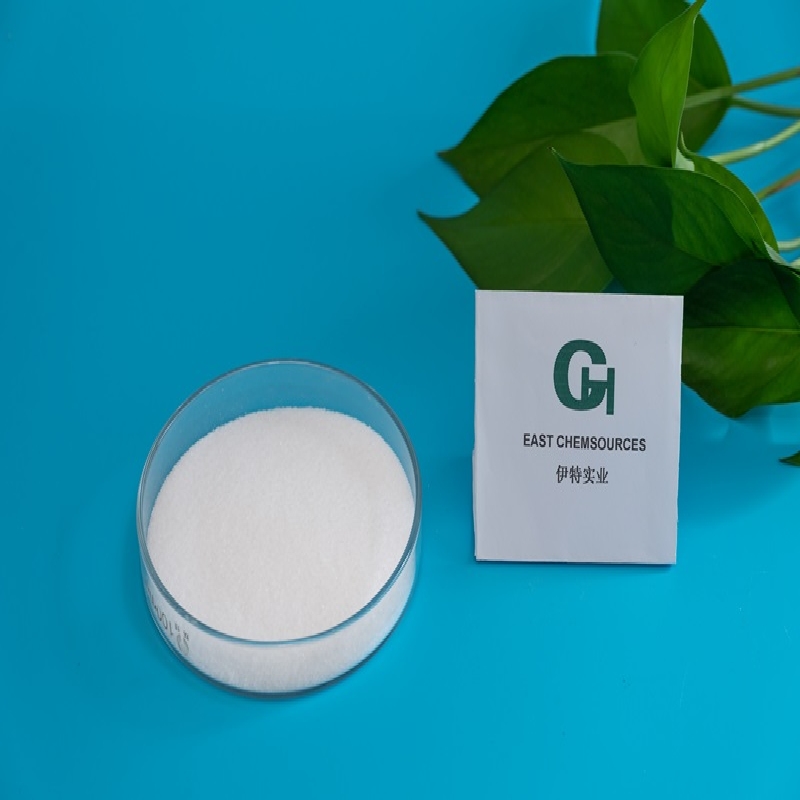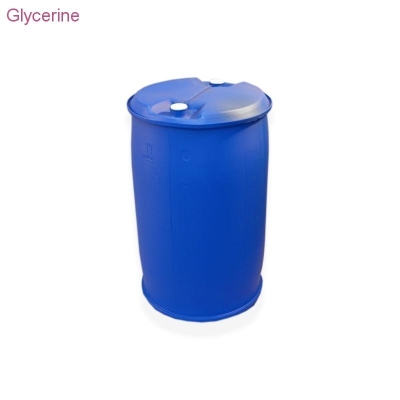-
Categories
-
Pharmaceutical Intermediates
-
Active Pharmaceutical Ingredients
-
Food Additives
- Industrial Coatings
- Agrochemicals
- Dyes and Pigments
- Surfactant
- Flavors and Fragrances
- Chemical Reagents
- Catalyst and Auxiliary
- Natural Products
- Inorganic Chemistry
-
Organic Chemistry
-
Biochemical Engineering
- Analytical Chemistry
- Cosmetic Ingredient
-
Pharmaceutical Intermediates
Promotion
ECHEMI Mall
Wholesale
Weekly Price
Exhibition
News
-
Trade Service
The effects of SGLT2 inhibitors on various prognosis in patients with reduced blood test scores DOI: https://doi.org/10.1016/S0140-6736 (20) 31824-9DAPA-HF Both Greste) and EMPEROR-Reduced (Evaluating Empale Net) trials have shown that sodium-glucose cotranser-2 (SGLT2) inhibitors reduce the overall risk of cardiovascular death or hospitalization due to heart failure in patients with reduced shot blood score (HFrEF), regardless of whether the patient has combined diabetes.
recently examined the effects of SGLT2 inhibition on fatal and non-fatal heart failure events and kidney prognosmation.
a total of 8,474 patients participated in the study, and after receiving net treatment from Dagly and Mpale, the total cause mortality rate decreased by 13% and the cardiovascular mortality rate by 14%.
SGLT2 inhibition also reduced the overall risk of cardiovascular death or first hospitalization due to heart failure by a relatively 26%, and reduced the compound risk of re-hospitalization or cardiovascular death due to heart failure by 25%.
risk of complex renal endpoints was also significantly reduced (0.62).
effects of qumeitazine on prognostics in patients with post-PCI angina DOI: https://doi.org/10.1016/S0140-6736 (20) 31790-6 Patients with angina still have a high risk of recurrence after coronary artery intervention therapy (PCI), and the effect of PCI on patient prognosis in patients with stable angina is controversial.
is a commonly used anti-angina drug that improves the energy metabolism of ischemic heart muscle and has been studied as beneficial for prognosis and symptom control in newly accepted PCI patients.
recently assessed the effects of quercitazine on long-term prognostics in PCI patients.
study was conducted in 365 centres in 27 countries in Europe, South America, Asia and North Africa, involving patients successfully treated with PCI.
patients aged 21-85, including stable angina, unstable angina, or non-ST-stage elevated myocardial infarction, received PCI within 30 days of joining the group.
patients were randomly treated with 35 mg of oral quentin, twice a day or placebo.
end of the study was heart death, hospitalization for heart events, recurrence of angina, changes, increased drug types and doses, or coronary aneurysms.
6,007 patients were involved in the study, including 2,998 cases in the Qumeitagine group and 3,009 in the placebo group.
47.5 months after the mid-level follow-up, there was no significant difference in the event rate of the main endpoint between the groups in 700 patients in the quercetazine group and 714 placebo patients (23.3% vs. 23.7%, HR .98).
1,219 (40.9%) of the 2,983 patients in the psython group and 1,230 (41.1%) of the 2,990 patients in the placebo group experienced serious treatment-related adverse events.
: Liso-cel Treatment Recurrence/Resuscable Large B Cell Lymphoma DOI: https://doi.org/10.1016/S0140-673 6 (20) 31366-0 Lisocabtagene maraleucel (liso-cel) is an autobiographic chimed antigen-subject (CAR) T cell product of directional CD19.
recently assessed the activity and safety of liso-cel in patients with recurring or resuscable large B-cell lymphoma. Patients with recurring/refrogenic large B-cell lymphoma who have turned 18 years of age or over
participated in the study, including diffuse large B-cell lymphoma, high-level B-cell lymphoma with MYC and BCL2 or/and BCL6 rearrangement, diffuse large B-cell lymphoma converted by inert lymphoma, primary vertical B-cell lymphoma, and 3B-grade fleatic lymphoma.
liso-cel treatment at the target dose level (out of 3 dose levels).
end point is the objective mitigation rate.
344 patients received lecytoste separation to prepare carto-t cells (liso-cel), of which 269 received at least one dose of liso-cel.
patients were treated 3 times in the past, and 260 (97%) patients received at least 2 lines of treatment.
112 (42%) patients were 65 years old, 181 (67%) were incurable with chemotherapy, and 7 (3%) had secondary central nervous system (CNS) immersion.
344 patients had a medium follow-up time of 18.8 months (95% CI 15.0-19.3).
activity and safety of liso-cel does not change with dose levels.
the recommended target dose is 100 x 106 CAR plus T cells (50 x 106 CD8 plus and 50 x 106 CD4 plus CAR plus T cells).
objective remission rate was 73% and the total remission rate was 53% among the 256 patients who were included in the efficacy assessment.
The most common level 3 and above adverse reactions were neotyplotial reduction, anemia and platet reduction cytokine release syndrome and nervous system events in 113 (42%) and 80 (30%) patients, respectively;
9 patients had dose-limiting toxicity, and one of them died of diffuse anostic vesicle damage after receiving a dose of 50 x 106 CAR-T cells.
MedSci Original Source: MedSci Original Copyright Notice: All text, images and audio and video materials on this website that indicate "Source: Mets Medicine" or "Source: MedSci Originals" are owned by Mets Medicine and are not authorized to be reproduced by any media, website or individual, and are authorized to be reproduced with the words "Source: Mets Medicine".
all reprinted articles on this website are for the purpose of transmitting more information and clearly indicate the source and author, and media or individuals who do not wish to be reproduced may contact us and we will delete them immediately.
reproduce content at the same time does not represent the position of this site.
leave a message here.







